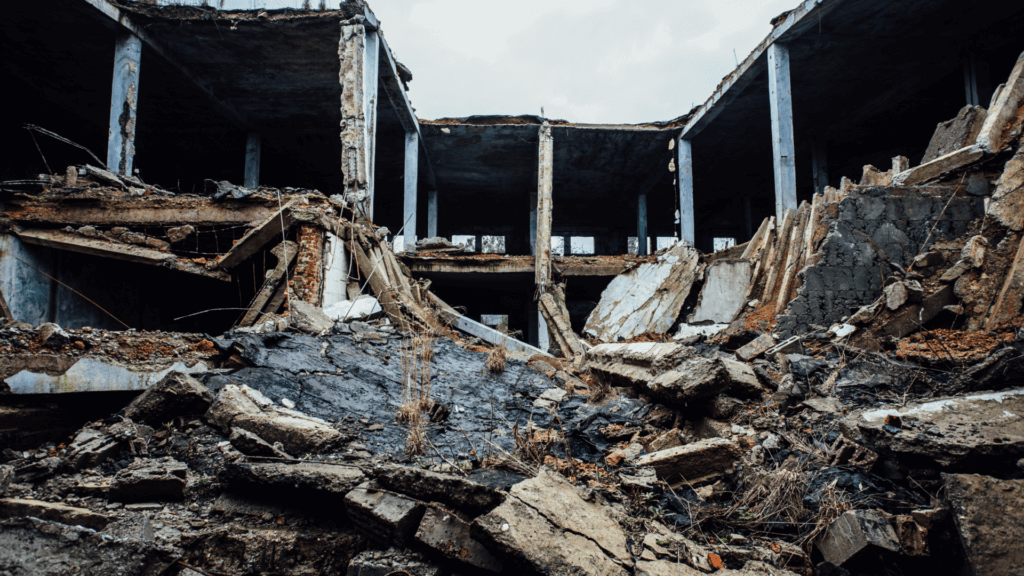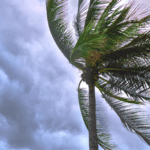
Following the tragic Surfside, Florida condo collapse, many commercial property owners had concerns regarding their insurance coverage. While most commercial policies cover damages caused by a natural disaster, building collapses are slightly different. Knowing what coverage options are available to commercial property owners can help give them peace of mind should the unexpected happen.
Commercial Insurance Coverage for a Building Collapse
When part of the Champlain Towers South condominium collapsed in Surfside, Florida, many questions were raised. Primarily, how to recover those who became buried in the rubble, what caused the collapse, and if insurance could cover such substantial losses. As cleanup continues, commercial property owners should be aware of what their insurance policies include or exclude with regard to coverage for a building collapse.
When it comes to insurance for a building collapse, coverage can be pretty ambiguous. This is because it ultimately comes down to the cause of the collapse and if the property owner had knowledge of structural damage that could result in a collapse. Essentially, if the commercial property owner knew of structural wear and tear or if the building was not adequately maintained, a sudden collapse would likely be excluded.
According to the Insurance Services Office (ISO), certain causes of a building collapse exclude coverage entirely. Coverage is excluded from the collapse of a property or part of a property due to an abrupt falling or caving in of the structure, loss of structural integrity, or any cracking, bulging, sagging, bending, leaning, settling, shrinkage, or expansion.
Despite this, it’s important to note that there are three exceptions to these exclusions, including:
- If the collapse results in a covered cause of loss at the location, the loss or damage caused by that ensuing cause of loss is covered.
- If the collapse is covered by additional coverage, which can include abrupt collapse due to certain named perils like unknown building decay that is hidden from view, insect or vermin damage that is hidden from view, and the use of defective materials or construction defects if the collapse occurs after the construction has been completed.
- If it is caused by a specified cause of loss, such as the breakage of building glass, the weight of rain on the roof, or the weight of people or property. The specified cause of loss can also pertain to fire, lightning, explosion, windstorm, hail, smoke, riot or civil commotion, vandalism, sinkhole collapse, falling object, the weight of snow, ice, water, and/or water damage.
Despite these exceptions, additional coverage does not apply to a building or any part of a building that is in danger of falling or caving in (it must be abrupt). Also, coverage does not apply to a part of a building that is still standing, even if it has separated from another part of the property. Lastly, it does not apply to a building that is standing or any part of a building that is standing, even if it shows evidence of cracking, bulging, sagging, bending, leaning, settling, shrinkage, or expansion.
Why do Building Collapses Happen?
When a building collapses, it can be incredibly devastating. Not only is the structure completely demolished and unusable, but many lives can also be lost in the event of a collapse. Because these instances are so unfortunate, it’s important to understand how and why they can happen.
Some of the most common causes of a building collapse include:
Design or Construction Flaws
A building must be designed to withstand natural forces and to handle heavy weight; however, a faulty foundation can be an incredibly dangerous design flaw. If the foundation is faulty or there are irregularities within the design or construction of the building, excessive weight placed on the structure will likely cause it to collapse.
Deterioration Over Time
As buildings age, they can slowly deteriorate if not well maintained. A poorly maintained building can easily collapse if deterioration persists.
Structural Damage and Inferior Building Materials
Any construction and renovation projects can affect the integrity of a building when not done carefully. Any damage to the foundation or overall structure of a building can cause a collapse to occur. Additionally, if faulty or poor building materials are used during the building’s construction, the building can easily collapse over time.
Heavy Machinery
During the construction or demolition of a building, the weight of heavy machinery can cause the building to collapse. A mistake by a worker operating heavy machinery can cause structural damage that contributes to a building collapse.
Texas Commercial Property Damage Attorneys
Commercial building collapses are incredibly devastating. While there are insurance coverage options available for such occurrences, there are many stipulations and exclusions that must also be considered. Because commercial insurance policies are often incredibly nuanced, an experienced insurance coverage attorney should review the policy language to ensure coverage is available. At Raizner Law, our attorneys are well versed in deciphering policy language as well as in the many tactics insurance companies use to delay or deny valid claims. Contact our office today to see how we best can assist you.


